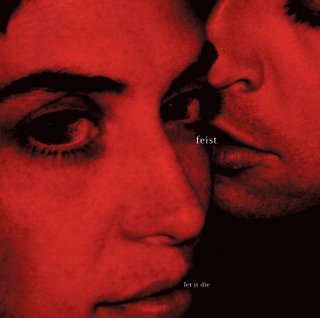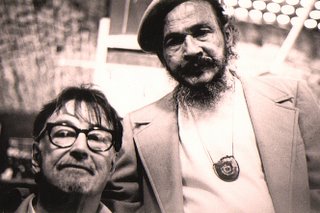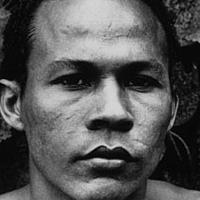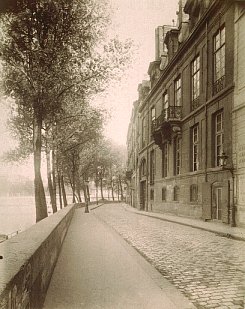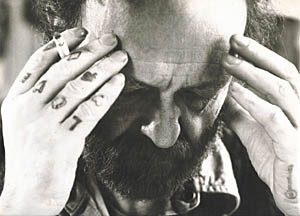 Epistle To Derroll
Epistle To Derroll - Donovan
Come all ye starry starfish
living in the deep blue sea
crawl to me i have proposition to make thee
would you walk the north sea floor
to Belgium from England
Bring me word of a banjo man
With a tattoo on his hand.
The spokesman of the starfish
spoke as spokesman should
"If’n you met our fee then
certainly we would,
If you cast a looking-glass
upon the scallopped sand
You'll have word o' this banjo man
with a tattoo on his hand."
"Come ye starry starfish
I know your ways are caped
maybe its because your astrologically shaped,
Converse with the herring shoals
as I know you can
Bring me word o' the banjo man
with a tattoo on his hand."
The eldest of the starfish
spoke, after a sigh,
"Youthfull as you are young man
you have a 'Wisdom Eye';
Surely you must know a looking-glass
is made from sand?
These youngfish are fooling you
about this banjo man."
"Come then aged starfish
Riddle me no more,
for news I am weary
and my heart is sore;
All on the silent seashore,
help me if you can,
Tell to me if you know
of this banjo man."
"All through the seven oceans
I am a star, most famed,
Many 'leggys' have I lost
and many have I gained,
Strange to say quite recently
I've been to Flemish Land
And if you are courteous
I'll tell you all I can."
"You have my full attention"
I answered him with glee,
His brother stars were twinkling
in the sky above the sea
So I sat there with rapt
attention, on the sand,
very anxious for to hear
of the banjo man.
"I have seen this tattooed hand
through a ship port-hole,
Steaming on the watery main
through the waves so cold,
Heard his tinkling banjo and
his voice so grand
but you must come to Belgium
to shake his tattooed hand."
"Gladly would I come oh
gladly would I go,
Had I not my work to do
and my face to show,
I rejoice to know he's well
but I must go inland,
thank you for the words you brought
of the banjo man."
I walked along the evening sand
as charcoal clouds did shift
revealing the moon shining
on the pebble drift
Contemplating every other word
the starfish said
whistly winds they filled my dreams
in my dreaming bed.
(below, a little about the man behind my favorite Donovan song - off of "For Little Ones" in 1967)
Derroll Adams was one of those peripheral legends whose name was threaded in and out of the music and commentary of some of the musical idols who really turned me around to playing and composing (yes, even in the jazz realm)- notably Bert Jansch, John Renbourn, and Donovan Leitch.
Derroll came over to Britain in the 1950's on tour with his pal Ramblin Jack Elliot -and together they really had an impact on the British folk scene.
Derroll wrote a famous song much covered in the folk world "Portland Town". He had a deep singing voice, a magnetic stage presence, and a simple but original, "up-picking" banjo-style that even guitarists like Donovan and Bert Jansch were drawn to and incorporated into their guitar styles. On his 2nd record, Bert Jansch actually recorded his only solo banjo tune, "900 Miles", which he learned from Derroll.
Derroll remained in Britain throughout the 60's and 'retired' with occasional appearances to Antwerp, Belgium where he lived til his death on Feb 2,2000.
*
kind readers -as someone said, Derroll's life reads like a full-length Wallace Stegner novel - and i wouldn't know where to begin to pick up all the bits and pieces.
here are some nice links.
www.wizzjones.com
A must-see video clip of another legend, English guitarist/ singer Wizz Jones singing and playing (with a bit of Derroll's influence on guitar) a tribute to Mr. Adams
a simple and affecting song "The Man with the Banjo"
http://www.theessink.com/en/photos/derroll/derroll01.html
The site of the incredible Belgian blues and roots musician Hans Theessink featuring plenty of great pictures of Derroll Adams. Hans contributes some great renditions to "Banjoman: A tribute to Derroll Adams" which also features Arlo Guthrie, Donovan, Ralph McTell, and even Dolly Parton among other luminaries!
http://corporate.skynet.be/welec/songs.html
discussion and soundclips regarding Derroll's banjo style and songs.
www.derrolladams.com
...is currently under revision; as I remember seeing it many months ago, very impressive.
*
special thanks to Hans Theessink for the picture off Derroll and his "tattooed hand" featured above
